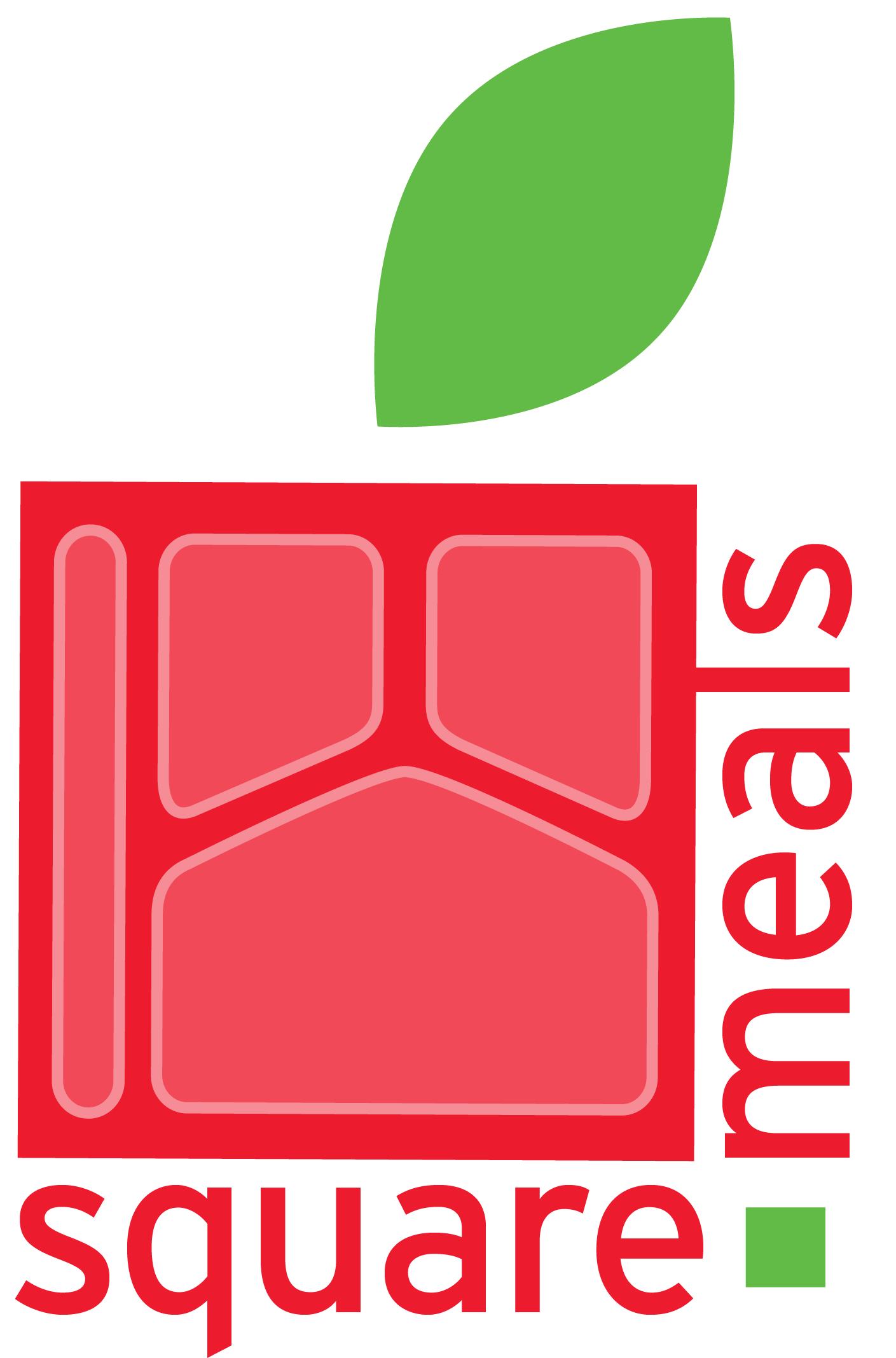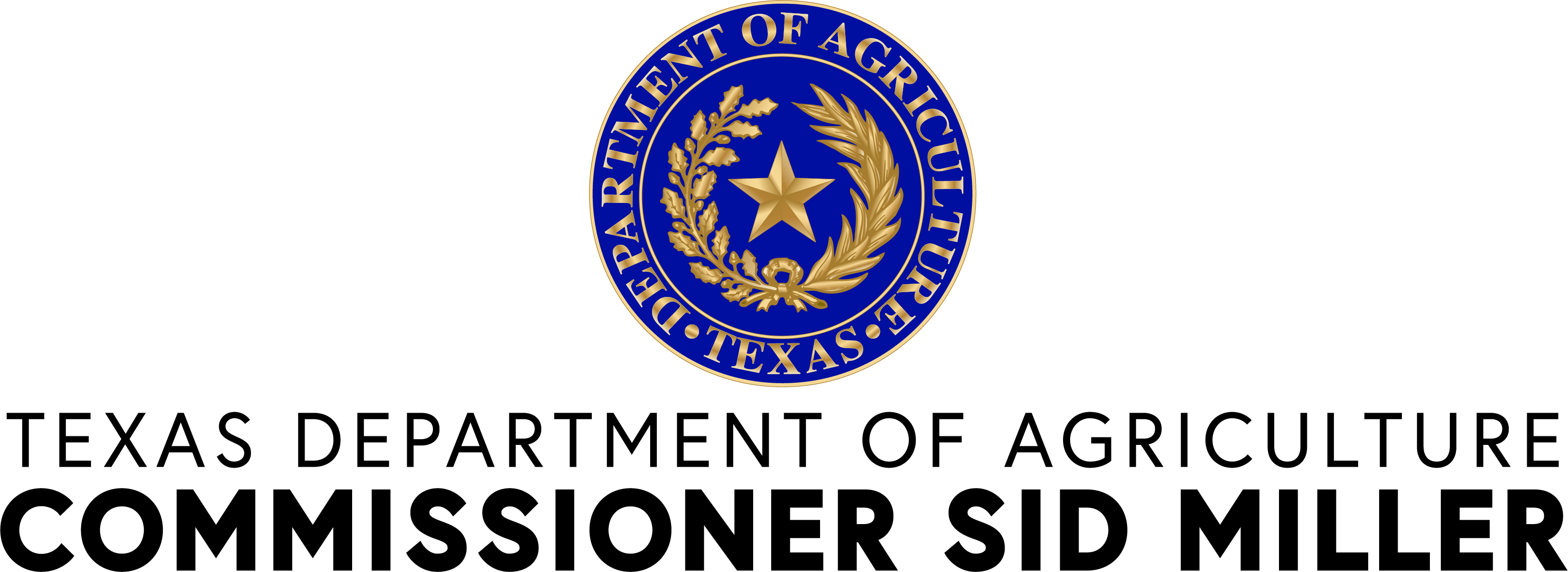| To see News by Program, select from an option below:
|
|
|
|
|
|
|
|
|
|
Latest News for the Food Distribution Program
|
|
Published: 1 years 61 days ago
"
On October 31, 2024, FNS published the Food Distribution Programs: Improving Access and Parity Final Rule. The final rule added more requirements pertaining to protecting the confidentiality of TEFAP applicants and participants. Beginning December 30, 2024, all Contracting Entities administering TEFAP must ensure that they are in compliance with the new regulations.
"
On October 31, 2024, FNS published the Food Distribution Programs: Improving Access and Parity Final Rule. The final rule added more requirements pertaining to protecting the confidentiality of TEFAP applicants and participants. Beginning December 30, 2024, all Contracting Entities administering TEFAP must ensure that they are in compliance with the following regulations.
• Confidential applicant and participant information definition - Confidential applicant and participant information is any information about an applicant or participant, whether it is obtained from the applicant or participant, another source, or generated as a result of TEFAP application, certification, or participation, that individually identifies an applicant or participant and/or family member(s). Applicant or participant information is confidential, regardless of the original source and exclusive of previously applicable confidentiality provided in accordance with other Federal, State, or local law.
• Limits on disclosure of information obtained from applicants or participants - CEs must restrict the use or disclosure of information obtained from TEFAP applicants or participants to persons directly connected with the administration or enforcement of the program. With the consent of the participant, the CE may share information obtained with other health or welfare programs for use in determining eligibility for those programs, or for program outreach. However, before sharing, TDA must have a signed agreement with the administering agencies for these programs to ensure that the information will be used only for the specified purposes, and that agencies receiving such information will not further share it. Any CE wishing to share information should contact TDA to confirm whether such a signed agreement is in place.
• Limits on disclosing the identity of persons making a complaint or allegation against an individual participating in or administering the program - The CE must protect the confidentiality, and other rights, of any person making allegations or complaints against another individual participating in, or administering TEFAP, except as necessary to conduct an investigation, hearing, or judicial proceeding, as applicable.
TDA will include this information in an upcoming release of the TEFAP Handbook.
###
|
|
|
|
|
|
|
|
|
|
|
Assistance available in English and Spanish. Please call 877-TEX-MEAL (877-839-6325) for help. Additional translations services available as well.
|
|
In accordance with federal civil rights law and U.S. Department of Agriculture (USDA) civil rights regulations and policies, this institution is prohibited from discriminating on the basis of race, color, national origin, sex, disability, age, or reprisal or retaliation for prior civil rights activity.
Program information may be made available in languages other than English. Persons with disabilities who require alternative means of communication to obtain program information (e.g., Braille, large print, audiotape, American Sign Language), should contact the responsible state or local agency that administers the program or USDA’s TARGET Center at (202) 720-2600 (voice and TTY) or contact USDA through the Federal Relay Service at (800) 877-8339.
To file a program discrimination complaint, a Complainant should complete a Form AD-3027, USDA Program Discrimination Complaint Form which can be obtained online at: https://www.usda.gov/sites/default/files/documents/ad-3027.pdf, from any USDA office, by calling (866) 632-9992, or by writing a letter addressed to USDA. The letter must contain the complainant’s name, address, telephone number, and a written description of the alleged discriminatory action in sufficient detail to inform the Assistant Secretary for Civil Rights (ASCR) about the nature and date of an alleged civil rights violation. The completed AD-3027 form or letter must be submitted to USDA by:
|
|
1. Mail:
U.S. Department of Agriculture
Office of the Assistant Secretary for Civil Rights
1400 Independence Avenue, SW
Washington, D.C. 20250-9410; or
2. Fax: (833) 256-1665 or (202) 690-7442; or
|
|
| This institution is an equal opportunity provider. |
 |

|
|
|